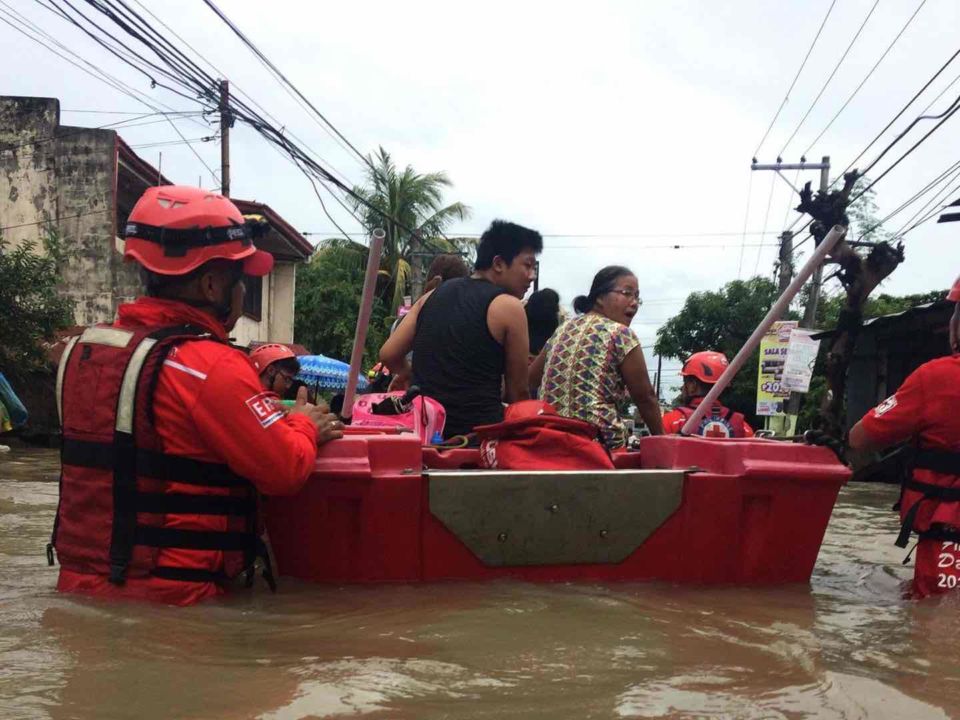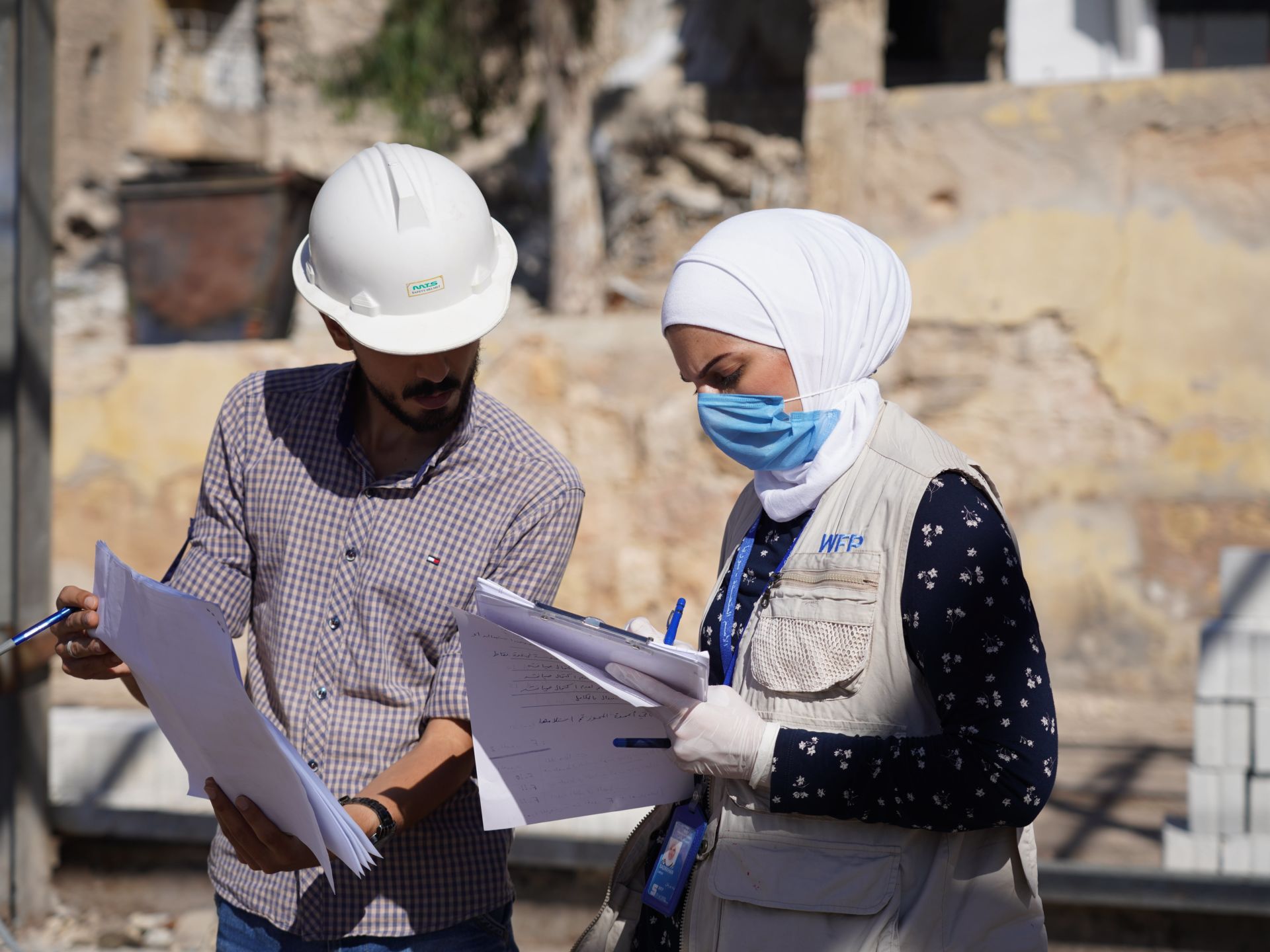Journal – information and how to submit
Why should you contribute to the ABW journal?
We believe that Analytics can be of much value to contribute to the big societal challenges in our world. It is encouraging to see that more and more (especially young) Analytics researchers are enthusiastic to use Analytics to make this world a better place. Analytics has already contributed significantly to the Sustainable Development Goals of the United Nations. The purpose of “Analytics for a Better World Journal ” is to make these contributions more visible, and to stimulate research in this area. Take a look at our Observations and Beliefs concerning the ABW journal!

Want to submit your work?
1. Datafication offers possibilities for Analytics to contribute to a better world
It is striking that during the early phase of Operations Research (1940 – 1960), data played a central role. Later mathematics, the mathematical model, and theoretical analysis became dominant elements in Operations Research. In the late 80s several OR researchers were very skeptical about the practical value of Operations Research, mainly because of lack of data that are needed for the models. In our era there is often abundance of data, which offers enormous possibilities for Analytics to significantly contribute to a better world.
2. Analytics can contribute to society if it operates in a multi-disciplinary way
In our view, Analytics could contribute significantly to a better society if it operates both with respect to the methodology and the applications in a multi-disciplinary way. With respect to the methodology, the combination of Operations Research, Statistics, and AI/ML yield powerful predictive and prescriptive analytics that enables to solve societal problems. Moreover, it is of utmost importance to collaborate with other scientific disciplines, since most wicked societal problems need a multi-disciplinary approach.
3. Inspirational for young professionals who aim for meaningful work/research
Several reports show that especially young professionals are more and more aiming for work that is meaningful, for jobs that contributes to a better society. We experience that this is also true for many young Analytics researchers at universities. Often they are hindered in pursuing societal relevant research because criteria for promotion and for getting tenure is one-dimensional: scientific excellence measured in number of publications in top analytics journals. For such young researchers it is much more inspirational to aim for both scientific and societal excellence.
4. Difficulty to publish pure applied Analytics papers
There are many journals related to analytics. Most of them only contain theoretical papers. Some journals do have more applied papers, but often such journals do require enough scientific novelty. For most of these applied papers the impact in practice is not clear or nonexistent. It is a frequently heard complaint that applied papers that do have impact in practice are rejected or additional theoretical contents, which is not used in practice, has to be added to be accepted for publication. It is a pity that especially young researchers who have to publish, therefore opt for (theoretical) research topics that has a higher chance of being published.

These observations have led to the “Analytics for a Better World Journal”. The aim of this journal is to publish applications of Analytics that have proven impact or compelling evidence for future impact on a better world, more precisely to the SDGs of the UN. These papers will also provide inspirational material for educational Analytics programs.
Editorial board
The Editor-In-Chief is Dimitris Bertsimas (MIT). The editorial board consists of 10 Action Editors who also have a rich experience in applying analytics in practice.
Editorial process
Each submitted paper will be read by two members of the editorial board. Either the decision ‘accept’ or ‘reject’ will be taken. The authors receive this feedback within 1 month. The editors will not write an extensive report. Thus, the feedback to the authors is marginal. In some cases the decision could be ‘accept after minor change’. If the decision is ‘reject’ only the criterion that is not satisfied is given as feedback.
I think analytics can play a valuable role in solving all major societal challenges
Decision criteria
For acceptance for publication the paper should satisfy the following:
- The topic of the paper should be about an Analytics application, so predictive and/or prescriptive analytics.
- The paper should contain a societal application, more precisely in line with one or more of the Sustainable Development Goals of the UN.
- The application described in the paper must have proven impact or compelling evidence for future impact. A confirmation letter on the societal impact by the organization that has implemented / used or will use the results is strongly recommended. The confirmation letter will also be published as part of the paper. Otherwise the authors should provide compelling evidence for future impact.
- The paper should be well written and should satisfy the layout, length etc. rules of the journal. The maximal page length including appendices is 10 pages.
After publishing
The papers will be published (open source). Moreover, the editorial board might invite the authors of the best papers to present their work at an Analytics for a Better World Webinar. Moreover, when the data, models, and/or algorithms have potential for other SDG applications, the authors might be invited to add these to the open source ABW repository <<link to repository>>.
You can submit your paper via this portal <<link to portal>>